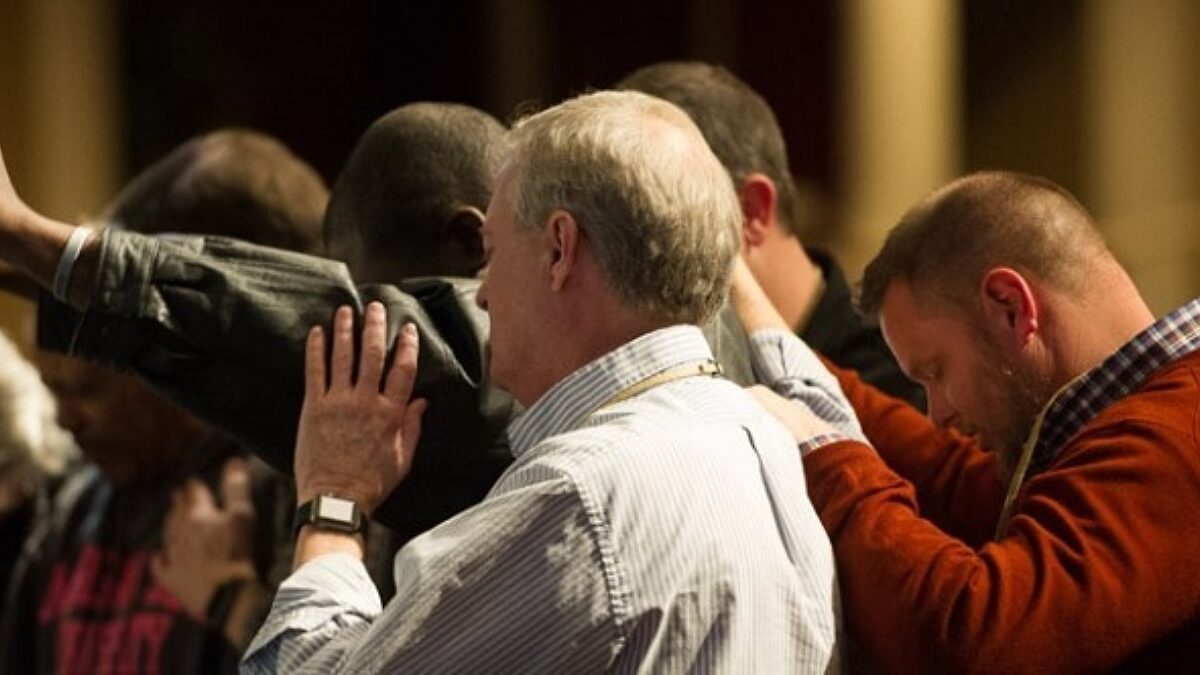
Must be carefully taught
By Bishop L. Jonathan Holston
“When Jesus came to the region of Caesarea Philippi, he asked his disciples, ‘Who do people say the Son of Man is?’ They replied, ‘Some say John the Baptist; others say Elijah; and still others, Jeremiah or one of the prophets.’ ‘But what about you?’ he asked. ‘Who do you say I am?’ Simon Peter answered, ‘You are the Messiah, the Son of the living God.’”—Matthew 16:13-16 (NIV)
School has begun, and it is a time of learning for students. For those of us who are no longer entering a classroom each day, we must seek out means of learning new things. We must be intentional. Motivation to engage in this way might come from consideration of the question: How do we learn to be persons that reflect anew our world?
How we live each day matters and impacts others in ways that we may never even know. So, being intentional about living our lives as a reflection of the Gospel even when that is challenging or unpopular, is critical.
That’s why becoming comfortable with being uncomfortable is key.
Making an intentional shift toward a willingness to be uncomfortable is to take the time to reflect on who you see yourself to be in light of the grace, mercy and love of God. This requires a measure of humility. Once we grow in self-awareness, it is helpful to open our eyes and ears to comprehend the experiences of others as well as to work toward doing less harm in the future.
In our society, we must acknowledge that discrimination and racism is as much a reality as is our fierce independence and pride in family heritage. The time has come for us to acknowledge that our collective history is complex and multifaceted. Now is the time for us to have honest conversation about the pain in our history in order for us to move forward together.
That means owning up to the fact that prejudice, hate and discrimination have been part of our fabric for generations.
In the 1949 musical “South Pacific,” set during World War II, one of the songs, penned by Oscar Hammerstein, speaks in its day to the concerns not yet achieved in today’s time; namely, “...racism is not born in you. It happens after you’re born...”
“You’ve got to be taught to hate and fear.
You’ve got to be taught from year to year.
It’s got to be drummed in your dear little ear…
You’ve got to be taught to be afraid of people whose eyes are oddly made, and people whose skin is a different shade…
You’ve got to be taught before it’s too late, before you’re six or seven or eight to hate all the people your relatives hate…”
If we can be taught to look at people in fearful ways, can we also learn to see people in new ways? When we are willing to subject ourselves to learning something different, it empowers us rather than hurting us. Now is the time for us to take a seat in the classroom of life and learn something new. It may mean we are uncomfortable doing so, but we must become comfortable with being uncomfortable.
As followers of Christ, we have a sacred calling to lead our communities in tearing down the walls that divide us and engage in ministries of reconciliation. The walls crumble when we begin to see and hear beyond our own experience – when we make a concerted effort to learn each other’s stories.
The relationships formed when we are willing to listen and learn, as uncomfortable as it may first seem, will empower us in magnificent ways. We can sit amongst each other and begin to see the impact grow throughout our communities, rendering a true reflection of the Gospel, building up the Kingdom of God.